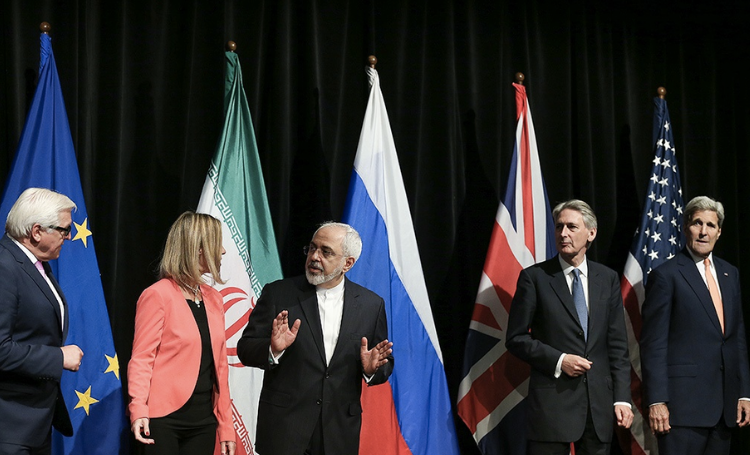Eldad Shavit and Sima Shine
INSS Insight No. 1977, May 5, 2025
“It appears that the Trump administration has, in principle, accepted the notion—first adopted during the Obama era—that Iran has the right to enrich uranium. Iran, for its part, is unwilling to give up that right.”
The nuclear discussions between Iran and the United States are continuing, with both sides expressing a preference for an agreement over military confrontation—even though, at this stage, it is impossible to assess whether they will succeed in bridging existing gaps or those that may arise later. For now, both parties have expressed optimism and appear to believe that there is value in deepening the talks. The meeting that was supposed to take place on May 3 will likely be held in the coming days. According to President Trump, who attaches great importance to reaching an agreement, the purpose of the talks is to prevent Iran from obtaining nuclear weapons. However, within the administration, there is a debate on how to achieve this goal—between those who demand the dismantling of Iran’s nuclear program and those who accept Iran’s position that it has the right to enrich uranium and are willing to negotiate on that basis.
From its perspective, Israel appears to be sidelined in these talks. Despite Israel’s position advocating for the application of the “Libyan model” to Iran—i.e., the complete dismantling of the nuclear program—American conduct so far indicates a more conciliatory approach. Therefore, it is important that the dialogue between Jerusalem and Washington continues not only at the senior political level but also includes direct meetings between working groups that can influence the emerging agreement’s framework—particularly with regard to the future of nuclear infrastructure left in Iran’s hands, the scope of oversight, and the agreement’s expiration terms. Any Israeli move perceived as an attempt to sabotage the agreement will be taken seriously and could affect strategically important issues for Israel—those related to the Iranian nuclear challenge and others.
The talks between the United States and Iran, aimed at formulating a nuclear agreement, continue. These discussions are taking place both at the senior level—with Iranian Foreign Minister Abbas Araghchi and President Trump’s envoy, Steve Witkoff, reportedly meeting directly (with the Omani foreign minister present), as initially proposed by Trump—and at the working level. In general, both American and Iranian spokespeople have referred positively to the discussions, expressing cautious optimism about the prospects of reaching an agreement. Both sides appear to agree on a basic foundation that enables continued dialogue. While the parties have revealed little about the substance, leaked reports and the planned (but canceled) speech by Foreign Minister Araghchi at the Carnegie Endowment for International Peace’s recent conference in the United States (he declined to take questions) suggest the current focus is primarily on the following issues: ….SOURCE


